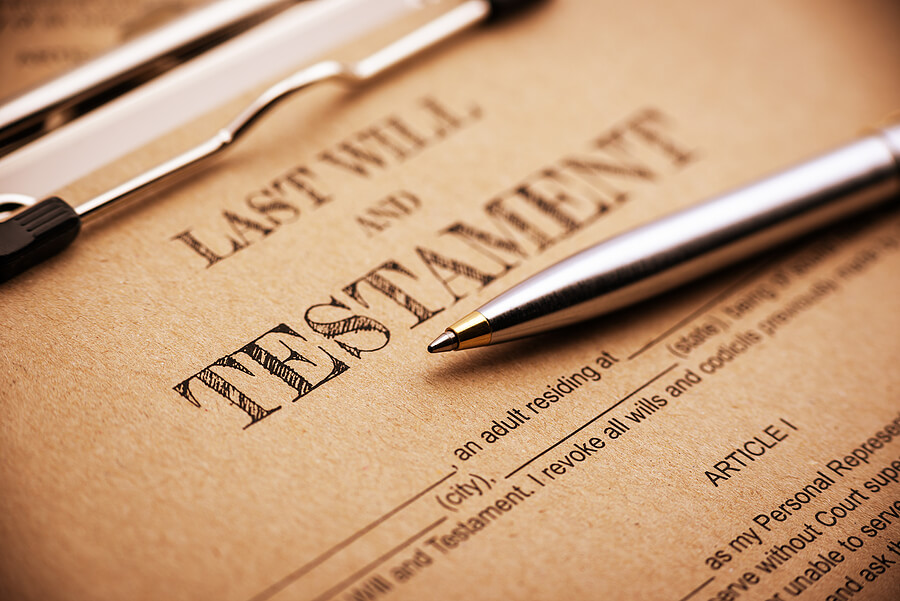Why use The Law Superstore to apply for probate?
- Expert solicitors across the country
- Vetted and regulated by the SRA
- Over 100,000 people helped
- Instantly compare quotes from up to 4 solicitors
-
I was able to identify a local solicitor to where my case was being heard and in the process of preparing a case for court.
-
I had a number of very quick responses & I am using one of them for my POA.
-
Quick to respond with clear explanation of the law in a layman’s language.cheaper fees for extra services like planning permissions etc.
-
Efficient website, immediate response, instructions issued same day.
-
You offered a number of solicitors that all responded to emails or a phone call. So very pleased.
How to apply for probate
As the executor of a loved one’s will, when the time comes to start the process of dealing with their estate, you’ll need to apply for a grant of probate. This will confirm that you are who you say you are, and that you have the authority to close accounts, deal with property and assign items in line with the will.
If you are working with an expert solicitor, they’ll guide you in filling out the correct forms for the grant of probate. They will also support you in filling out forms to the HMRC regarding Inheritance Tax.
When all assets have been summarized and accounted for, debts will be paid, accounts will be closed and inheritance will be assigned to the appropriate beneficiaries. During this time it may be that the property is put up for sale, or is assigned as part of the inheritance.
Your solicitor will be able to guide you through the process to ensure it’s as smooth as possible.
Getting a grant of probate
If you are the executor of a will, then you’ll need a grant of probate to start the probate process. The grant of probate confirms the chosen executor can deal with the deceased’s estate. If you know you are the executor of a will, you can apply for a grant of probate. Only executors are allowed to apply to start the probate process. Often there is more than one executor of a will.
Getting letters of administration
If the deceased hasn’t left a will, you’ll need to get letters of administration to confirm you can start the probate process. These are also often called letters of representation. These give you the authority to deal with the deceased’s estate. You are likely to be approved for letters of administration if you’re a close family member, like a sibling, spouse, child or parent.
Frequently asked questions
What is probate?
Probate is the process of taking authority over the estate of someone who has passed away. During the probate process, the executor will assess the value and contents of the estate with the help of a solicitor, and then work through paying Inheritance Tax and any other bills, and then ensuring each beneficiary receives what they are due.
How long does probate take?
You will usually receive the grant of probate or letters of administration within 16 weeks of application. It may take longer if there is further information needed. Once you’ve received the paperwork, you can start dealing with the estate. The amount of time this takes will depend on the size and complexity of the estate, how many properties are involved and how many beneficiaries there are. Probate can feel like it takes a long time, but there is quite a lot to manage even after the grant arrives.
When don’t you need a grant of probate?
There are some situations in which you may not need a grant of probate. If the property and accounts were all joint accounts, with the other person still living, everything would transfer to them. If the estate is made up of cash and belongings, and the cash amounts to under £5000, some banks and building societies may release it without a grant of probate.
How to choose a probate solicitor
When choosing a probate solicitor, you want someone who is experienced with this area of the law, knows the process and can advise you on how to proceed in the best way for you and your family. Our probate solicitors are experienced, regulated by the SRA and have lots of great reviews. A brilliant probate solicitor is someone who is empathetic and aware of how the probate process may affect you as an executor, especially if you were close to the deceased.
Take the time to speak to a couple of solicitors about how they approach probate, and ask them why they’re the right choice for you.
How much does probate cost?
When it comes to applying for a grant of probate, if the estate is worth less than £5000, there is no charge for the application. If it’s over £5000, the grant costs £273. You’ll also pay £1.50 per copy of the grant of probate (this is useful for sending to banks, building societies and other accounts you need to close and inform them of the death). In terms of solicitor fees, this depends on how complex the will is.


